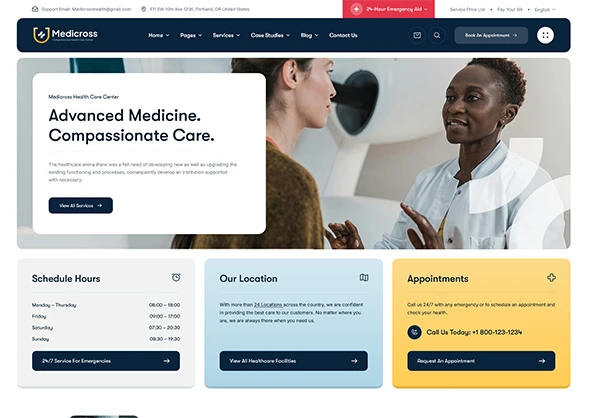- Your cart is empty Browse Shop
Neuro medicine doctors treat brain and nerve disorders with advanced diagnostics, medications, and continuous care to improve neurological health and function.
Our Approach in Neuro Medicine
Our approach in Neuro Medicine is centered on delivering compassionate, precise, and comprehensive care for patients with disorders of the brain, spinal cord, and nervous system. We begin with thorough neurological assessments and advanced diagnostics—including EEG, EMG, MRI, and CT scans—to accurately diagnose conditions such as stroke, epilepsy, Parkinson’s disease, multiple sclerosis, neuropathies, and other complex neurological disorders.
We emphasize early intervention and evidence-based treatment, combining medication management, rehabilitation, and continuous monitoring to ensure optimal recovery and quality of life. Our multidisciplinary team collaborates closely—bringing together neurologists, neurophysiologists, radiologists, and rehabilitation therapists—to provide personalized care plans for each patient.
Patient education and long-term support are vital aspects of our approach. We guide individuals and families through every stage of care, from initial diagnosis to recovery and ongoing management. Whether addressing acute neurological emergencies or managing chronic conditions, our goal is to restore function, minimize complications, and improve neurological health through expert, compassionate care.
Primary Care
Primary care in Neuro Medicine focuses on the early detection, basic management, and referral of neurological conditions affecting the brain, spinal cord, and nerves. Primary care physicians are often the first point of contact when patients present with symptoms such as chronic headaches, dizziness, numbness, memory issues, tremors, or seizures. Their role includes conducting neurological examinations, ordering preliminary tests like CT scans or blood work, and managing common conditions such as tension headaches, mild neuropathy, or early-stage Parkinson’s disease.
They also monitor patients with chronic neurological disorders, ensure medication compliance, and educate about lifestyle changes to reduce risks—such as controlling blood pressure to prevent stroke. When symptoms suggest more complex or progressive disorders (e.g., stroke, multiple sclerosis, epilepsy), primary care physicians refer patients to neurologists for specialized care. In this way, primary neuro care acts as a crucial bridge between early symptom recognition and advanced neurological intervention.
FAQs About The Service
Why Choose Our Hospital?
Experience and Expertise
Best Neuro Medicine Specialist
Patient Focused
Honesty and Integrity
Reasonable Treatment
Are you having health problems? Contact us for take appointment
Address Business
102/A, O.R. Nizam Road, Panchlaish, Chittagong, Bangladesh.
Contact With Us
Mail Us: info@greencityhospitalbd.com
Call Us 24/7: 01336-359001
Call Us 24/7: 01336-359001
Working Time
Opening Hours
Saturday-Friday: 7.00am – 12.00am
Saturday-Friday: 7.00am – 12.00am








